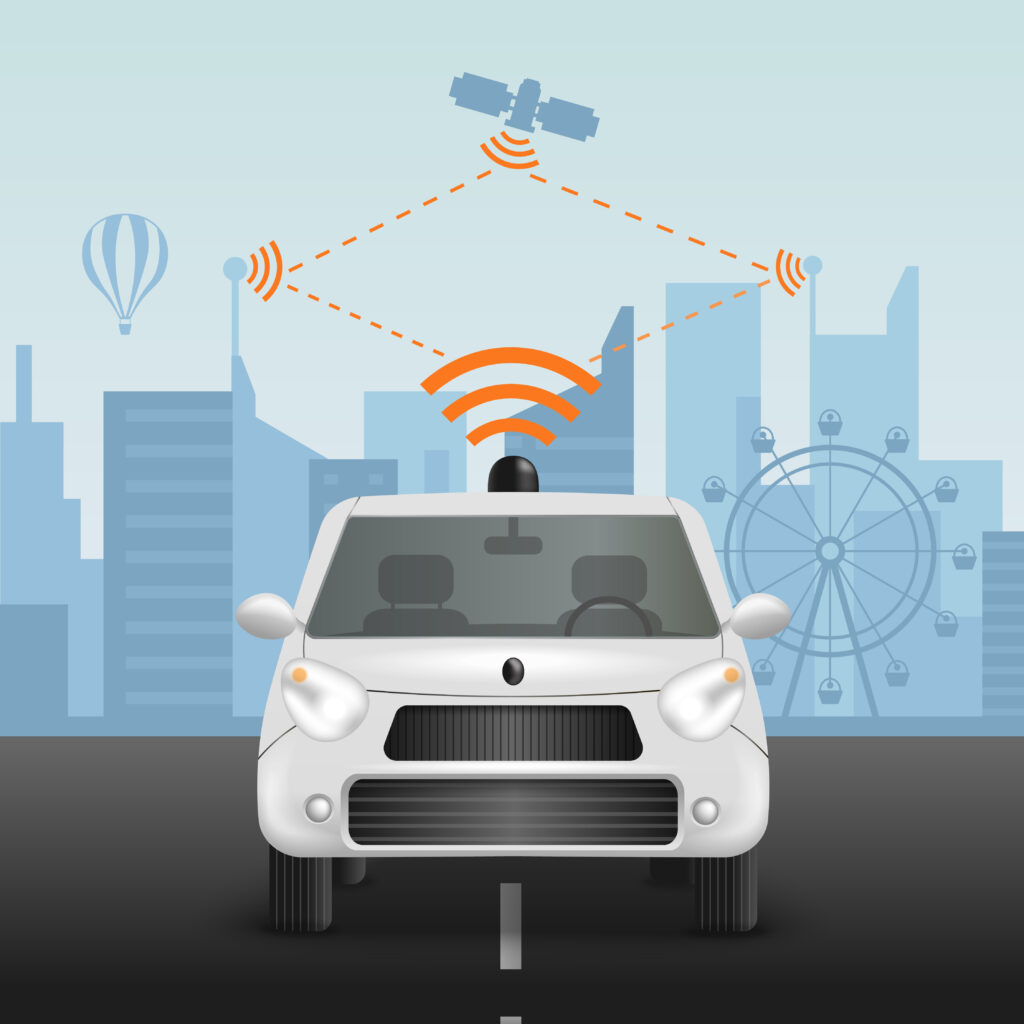In the ever-evolving landscape of technology, one revolutionary concept is creating waves like never before – quantum computing. Quantum computing is not just an incremental improvement in computational power; it’s a monumental leap that promises to redefine the limits of what we can achieve with computers. In this article, we’ll delve into the fascinating world of quantum computing, exploring its principles, applications, and its potential to reshape the future of technology.
What is Quantum Computing?
- Quantum computing is a paradigm shift from classical computing, which relies on bits (0s and 1s), to quantum bits or qubits.
- Qubits can exist in multiple states simultaneously, thanks to the principles of superposition and entanglement.
- This property allows quantum computers to process vast amounts of information and solve complex problems at speeds unattainable by classical computers.
Quantum vs. Classical Computing: A Comparative Analysis
- Processing Power: Quantum computers have the potential to perform certain calculations exponentially faster than classical computers. Tasks that would take classical computers thousands of years can be completed in seconds by quantum computers.
- Security: Quantum computing also poses a threat to classical encryption methods. While quantum computers can break many existing encryption algorithms, they also offer the potential for new, ultra-secure encryption techniques.
- Complex Problem Solving: Quantum computing excels in solving complex problems, such as optimization, drug discovery, and simulating quantum physics, which are practically impossible for classical computers to handle efficiently.
Applications of Quantum Computing
Quantum computing’s applications span a wide range of fields, promising groundbreaking advancements in:
Cryptography
- Quantum computers can factor large numbers exponentially faster than classical computers, threatening current encryption systems.
- Post-quantum cryptography research aims to develop encryption methods resistant to quantum attacks.
Drug Discovery
- Quantum computing can simulate molecular interactions with exceptional accuracy, speeding up drug discovery and development.
- It enables researchers to explore new drug compounds and their interactions more efficiently.
Artificial Intelligence
- Quantum computing can enhance machine learning algorithms, enabling AI systems to process vast datasets and find patterns quicker.
- Quantum machine learning algorithms are poised to revolutionize industries reliant on AI, like finance and healthcare.
Supply Chain Optimization
- Quantum computers can optimize complex supply chain logistics, reducing costs and increasing efficiency.
- They can solve complex routing and scheduling problems in real-time, leading to more streamlined operations.
Climate Modeling
- Quantum computing can simulate complex climate models more accurately, helping scientists understand climate change and its effects.
- It accelerates research into renewable energy and carbon capture technologies.
Financial Modeling
- Quantum computing can optimize investment portfolios, predict market trends, and simulate complex financial models.
- It offers the potential to revolutionize the finance industry by providing more accurate risk assessment and decision-making tools.
Quantum Computing Companies Leading the Charge
Several companies are at the forefront of quantum computing research and development, including:
- IBM: IBM’s IBM Q offers cloud-based access to quantum computers and is actively involved in quantum research.
- Google: Google’s quantum supremacy claim marked a significant milestone in quantum computing’s development.
- Rigetti: Rigetti is known for its quantum cloud services and hybrid quantum-classical computing systems.
- Microsoft: Microsoft’s Azure Quantum provides a platform for quantum development and collaboration.
Quantum Computing Challenges
While the potential of quantum computing is immense, it’s not without its challenges:
- Error Correction: Quantum computers are highly susceptible to errors due to their sensitivity to external factors. Developing robust error-correction techniques is crucial.
- Scaling: Scaling up quantum computers to handle real-world problems requires overcoming numerous technical hurdles.
- Cost: Building and maintaining quantum computers is expensive, making them accessible primarily to large corporations and research institutions.
Quantum Computing and the Future
Quantum computing is no longer science fiction; it’s a reality with the potential to transform industries and change the way we approach complex problems. As quantum computers become more powerful and accessible, their impact on technology will be profound:
- Revolutionizing Industries: Quantum computing will revolutionize industries, from healthcare and finance to logistics and energy.
- Scientific Discoveries: It will enable scientific breakthroughs in fields like materials science, chemistry, and physics.
- Security: Quantum-safe cryptography will become essential to protect sensitive information in a post-quantum world.
- AI Evolution: Quantum machine learning will empower AI systems to tackle more complex tasks and offer new insights.
- Environmental Impact: Quantum computing can contribute to addressing climate change by advancing research in clean energy and sustainability.
In conclusion, the rise of quantum computing is not just a technological advancement; it’s a game-changer that will shape the future in unimaginable ways. As quantum computers continue to develop, they will unlock new possibilities, challenge existing norms, and drive innovation across human endeavor. Buckle up; we’re on the verge of a quantum revolution that will redefine what’s possible in the world of technology.



